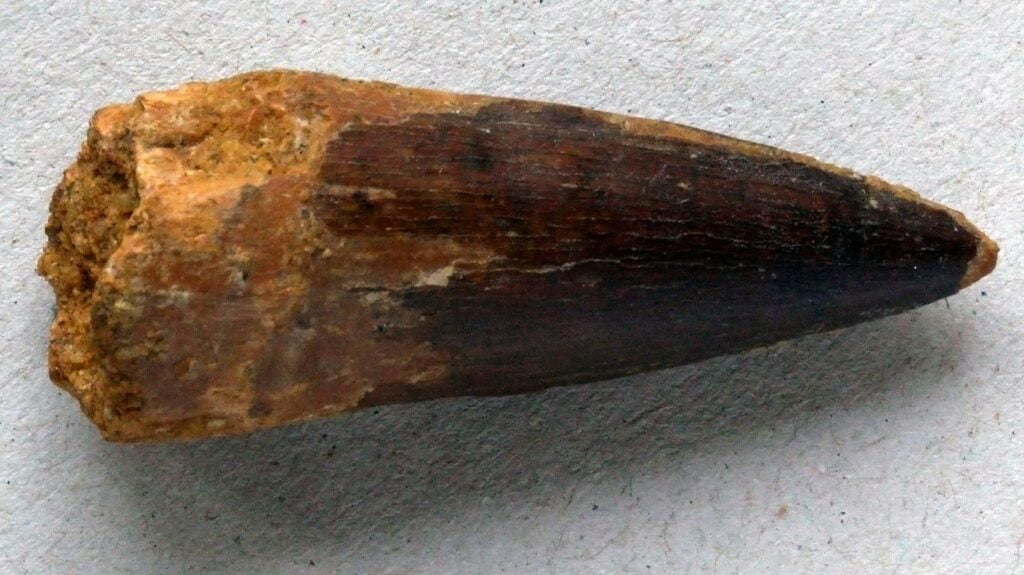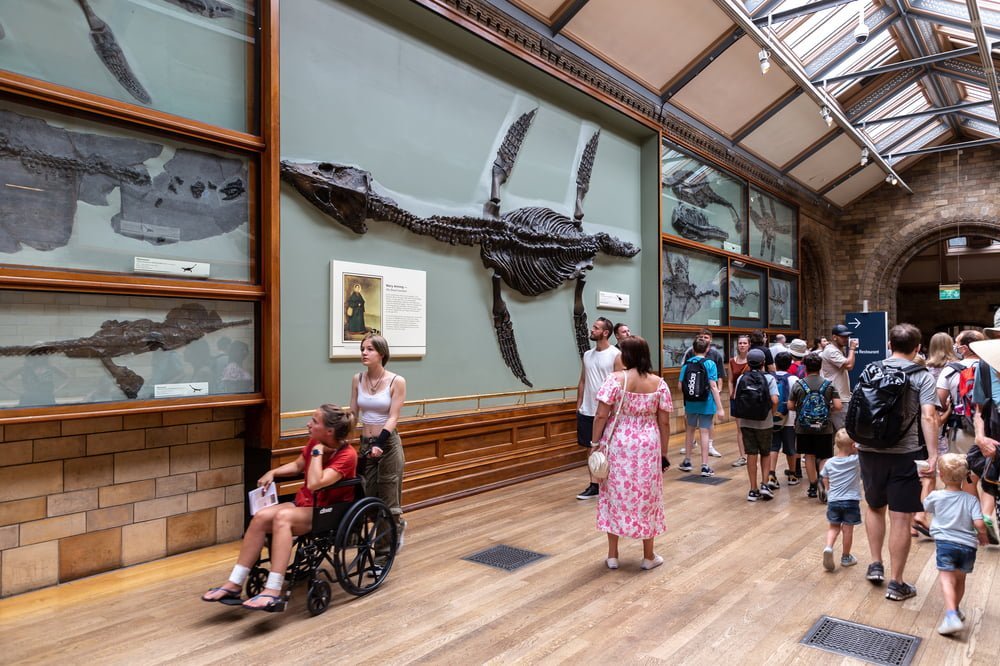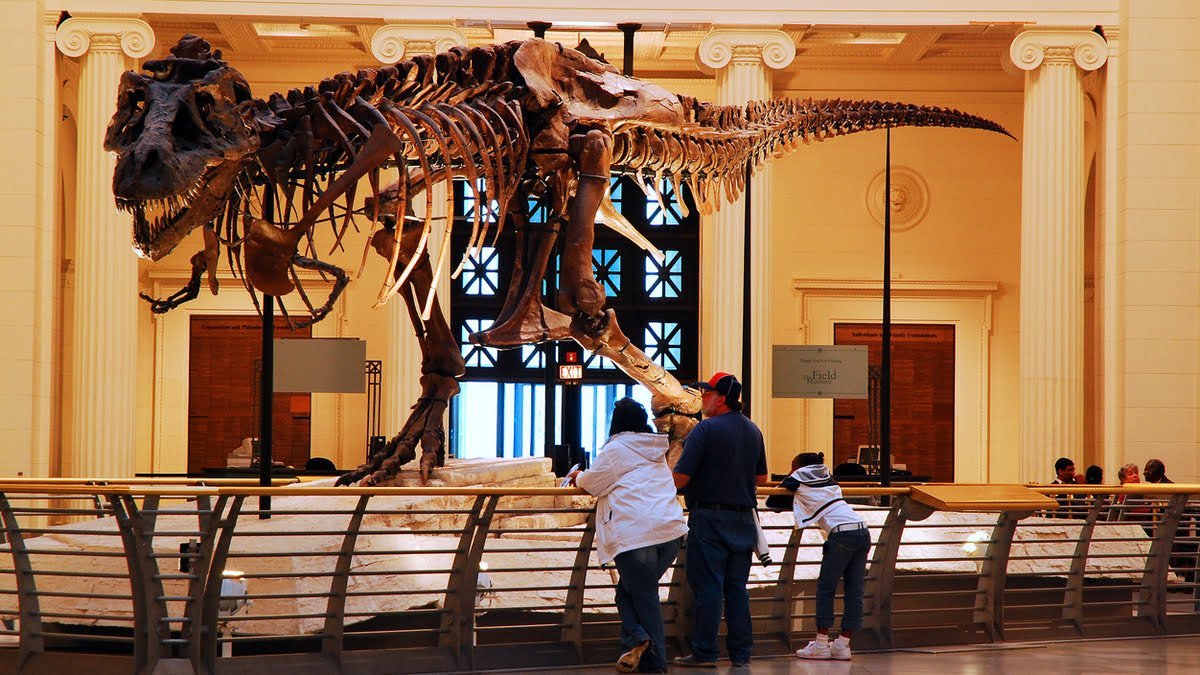Amateur and professional paleontologists alike are bound to own a fossil or two in their lifetime. Some people stop there while others create huge collections.
Some fossils in private collections might be personally collected by the owner, but a lot of the time these fossils were bought and sold. Who decides who can sell fossils and how much they should be worth?
Are fossils worth money? A fossil’s worth depends on its rarity, its value to science, and the demand from buyers. Whether or not it’s ethical to sell a fossil depends on where it’s found and the significance of the piece to science.
Before deciding whether to buy or sell a fossil, it’s important to know the laws and ethics involved! Keep reading as we dive into this topic further.
The Value of Fossil Types
When it comes to the sale of fossils, the rarity of the fossils is the most important discussion. This decides the price and ethics of selling the fossil.
Amateur collectors need to be able to identify what fossils are before deciding to sell anything. Rare fossils are anything with a rare form of preservation, like fully articulated skeletons, or belonging to a rare taxon, like Spinosaurus.

These should be donated to museums. At the very least, they should always be made available to study. The study of privately owned fossils is something that has happened before and will happen again in paleontology.
But what if a fossil isn’t rare? Commonly found crinoids or brachiopods may still get accepted by museums but curators will think “Now I have to find room for more of these things!” They may even be turned away as donations.
Any of these donations would end up on a dusty shelf in the back of museum collections. The sale of fossils like these happens all the time but they will never be worth very much money because they are so common.
Collecting and Selling Fossils
The way that fossils are collected often changes the worth of the fossils. Fossils for sale usually come from amateur collections on private property, private excavations, the sale of historical private collections, or industry imports.
Private auctions are the sales that usually include rare and poached specimens. These may include older specimens from historical collections that have been inherited or sold before.
They may also include illegally exported fossils from poachers. Some landowners allow the excavation of their property to sellers for a fee.
Rock shops or museum gift shops usually have local ties to the community. They sometimes get fossils from local landowners who find fossils on their property.
These shops also might sell fossils from industry imports. Common examples are fish fossils from Wyoming or trilobites from Morocco sold commercially.
Individual hobbyists and amateur paleontologists may also sell the fossils they collect, through private auctions on a small scale. These fossils are usually well-known and commonly found fossils.
As always with fossil collecting, it is important to make notes about the locality, deposition, and identification of the fossil during the collection and sale process. It may end up in a museum one day with your name on it forever.
If you’d like to get started collecting fossils, we have an article that covers this in detail. We also covered how to properly clean and display fossils.
All of the ways fossils are sold lead to conversations about whether it’s ethical to sell fossils at all. Should fossils be sold? If so, how should it be done?
The Ethics of Selling Fossils
Paleontologists worry about whether or not scientifically significant fossils will end up in private collections and never get researched.
Some of these specimens do eventually make their way into museums. However, important information about where they are from and how they were collected is usually lost.
These specimens may also get damaged while they’re in private collections because of amateur preparation work, outdated methods of repair, or simply being passed around during export and sales without being handled carefully.
Some people worry that these private collections also keep the fossils away from the general public. The fossils that spark the most outrage are those that are rare, well-preserved specimens.
These would likely be on display for everyone if given to a museum. A good example of this is the T. rex specimen Sue. For a long time, no one knew who was the proper owner of this fossil because of how it was found.
After its legal owner was decided, the skeleton was put up for auction. The Field Museum planned to purchase the skeleton but didn’t have the funds to buy this highly sought-after skeleton.
Several organizations raised the money for this purchase and made sure that Sue would end up in the Field Museum. There, it has been one of the main attractions for over two decades.
For more on the story of Sue, check out livescience.com. The full paper is free to access.
Another ethical problem of the fossil trade is how many fake fossils are sold to unsuspecting collectors.
The Dark Side of the Fossil Trade
Frauds make convincing casts and molds of things like trilobites or ammonites. They also make fake skeletons by putting together multiple species.
These get sold to tourists and celebrities for huge amounts of money. Forgeries take advantage of buyers who don’t have the scientific knowledge to identify the fakes.
There are good and bad things about industries that sell fossils. Morocco is well-known for its large-scale excavations dedicated to selling and exporting fossils. It is an illegal industry but this gets ignored by both buyers and sellers.
Again, I’m not referring to common fossils such as teeth or bone fragments. These sellers are after rare fossils that could reveal a great deal of new information to paleontologists.
As usual, these fossils may be damaged, lost, or remain unknown by paleontologists. On the other hand, it is a major industry that provides irreplaceable income for locals. Still, most of these profits go to the ones exporting and selling the fossils and not the locals collecting them.
Laws about the fossil trade are different all over the world. Some authorities ignore the laws they made about selling fossils to make money off the industry.
How is it possible that something can be illegal and continue for decades even if everyone knows about it? Let’s take a closer look at what these laws look like.
Legality of Collection and Sale of Fossils
Laws surrounding the fossil trade change from place to place and depend on what was found or how it was acquired.
Some authorities like to designate protected lands where the collection of any fossils is prohibited, such as National Parks in North America. Others prefer to designate protected taxa.

Some fossils may be perfectly fine to collect and sell, while others may not be allowed to be removed from the ground at all. Sometimes surface collection, or picking up loose debris from the ground, may be allowed but actual excavation is prohibited.
Most laws about collecting, selling, or exporting fossils are vague and go unenforced. Many states or provinces in the USA and Canada have conflicting laws but generally agree that casual collecting on private property is allowed.
In these countries, it is very important to be familiar with all local laws before collecting! Can you identify any specific collecting laws in your area?
The laws are also important to be familiar with if you’re looking to buy fossils. For example, Mongolia protects all of its fossils against exportation. If you see anything described as coming from Mongolia since 1924, it has been illegally removed from the country.
Are Fossils Worth Money When Ethically Sold?
Now that we’ve gone over the laws and ethics of buying or selling fossils, you will be more prepared the next time you stumble across fossils for sale. Buying fossils can be an easy way to expand your collection at home if finding them isn’t an option.
For those who collect fossils themselves, selling and donating some of your finds is a great way to inspire others to take an interest in paleontology too! You may find that its more rewarding to allow others to admire these fossil treasures too.
Did you find this article interesting or helpful? If so, please get the word out by sharing it. Leave us a comment about your opinions on the ethics of fossil collecting.

